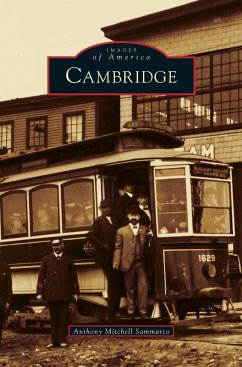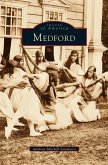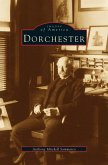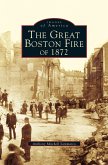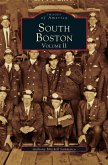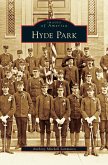Settled as New Towne in 1631, Cambridge was referred to by Wood, a seventeenth-century chronicler, as "one of the neatest and best compacted towns in New England." The founding of Harvard College in 1636 was to ensure the town's notoriety, as it was the first college in the New World. Harvard gave Cambridge a cosmopolitan flavor, but the town retained its open farmland and its well-known fisheries along the Charles and Alewife Rivers for nearly two centuries. By the early nineteenth century Cambridge saw tremendous development, with industrial concerns in Cambridgeport. New residents swelled Cambridge's population so much that it became a city in 1846. These changes, which included horse-drawn streetcars and, later, the Elevated Railway that is today known as the Red Line, made Cambridge a place of convenient residence. With the large-scale development in the late nineteenth century, Cambridge became a thriving nexus of cultural diversity.
Hinweis: Dieser Artikel kann nur an eine deutsche Lieferadresse ausgeliefert werden.
Hinweis: Dieser Artikel kann nur an eine deutsche Lieferadresse ausgeliefert werden.

